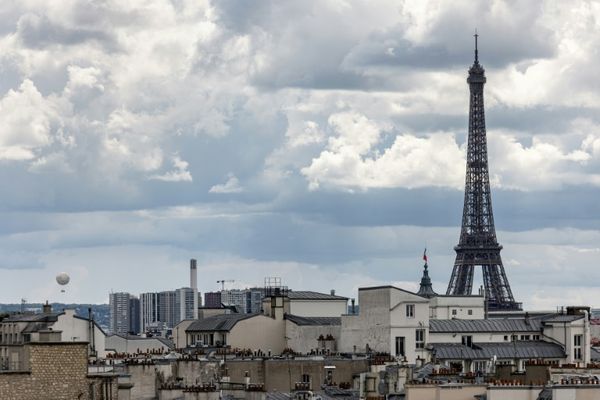
A funny thing happened in Hong Kong earlier this month. Well, funny unless you were there.
The annual ApeFest, where collectors of Bored Ape NFTs (remember them?) took place in Hong Kong (for the uninitiated, NFTs, or non-fungible tokens, can be linked to products like digital artworks and traded for cryptocurrencies on the open market). Nouveau-riche investors who got rich off the back of the revolutionary technology and investment products came together to party. Hard.
Too hard, in fact. A number of them reported suffering from “eye burn, extreme pain and impaired vision after attending one of its events, which was lit by UV lights”.
Humans should never wish harm on others, but the internet – ever a lover of irony – found the whole thing hilarious. A poorly organised event, which cut corners on key elements like how to light parties, had resulted in real-life harm to those who attended.
Many people don’t like NFTs and those associated with them, in part because the market, which exploded in interest as landmark sales like the $69mn auction of one single NFT in 2021, grew so quickly that the plausible, intriguing ideas underpinning it – democratising access to investing and allowing people to make money outside traditional finance is good – were sullied by get-rich-quick schemes. (I made a decent living in 2021 exposing them, from the “female-run” project actually run by men to the influencer selling NFTs of her farts, who told an entirely different story of its genesis to her business partner, which was a different story to the one her PR agency told. Yes, life covering the NFT industry was strange.)
Others don’t like it because they may have invested in the market at its peak, and quickly got stung. Whichever it was, NFTs had their moment … and now it’s over.
Pride comes before a fall

A scan of Google Trends data for “NFT” is instructive to understand quite how quickly the concept gripped the world – and just how rapidly we shrugged off our interest. A huge peak in search interest spiked in January 2022, before dropping off the metaphorical cliff over the rest of the year. Search interest has been bumbling along at a slowly decreasing level since the start of 2023, with only a small uptick in people searching for the term in the last week – presumably to figure out what the hell went on in Hong Kong.
That search trends data tells its own story. But the cautionary tale of the Hong Kong Bored Ape meetup also feels like an allegory for the whole NFT movement. And it’s possible too to track the degradation of the whole sector through Bored Apes, which account for around one in every five dollars in market capitalisation in the NFT market. In early 2022, you couldn’t spend much less than half a million dollars if you wanted to get your hands on a Bored Ape. Today, they’re selling for a tenth of that price.
Even Bored Apes, however, have remained relatively insulated from the wider malaise that has hit the NFT market. One analysis by an organisation monitoring the traded NFT market suggests that 95% of all NFTs are now practically worthless. They called their analysis “Dead NFTs”.
Blinded by optimism
True believers, of course, will tell you that’s not true. Enough of them still believe in the promise of NFTs to overhaul the world of finance, investment and collectibles that they decided to fly to Hong Kong to demonstrate their connection to the NFT community. But look what that got them.
In many ways, the Hong Kong debacle tells the story of the NFT sector in microcosm. The founding principle behind NFTs and the blockchain was that it presented a new way of doing things, shorn of the bureaucracy that stymied innovators from succeeding in the traditional way of the world. Except that – as those who are rubbing their eyes after attending ApeFest are soon realising – there are reasons those checks and balances are put in place.
The people now tackling injuries from UV light exposure may have been blinded by their optimism. But those who never bought into the hype may have a less charitable, optimistic viewpoint: they were simply blind to the many issues around NFTs.
If you want to read the complete version of the newsletter please subscribe to receive TechScape in your inbox every Tuesday







